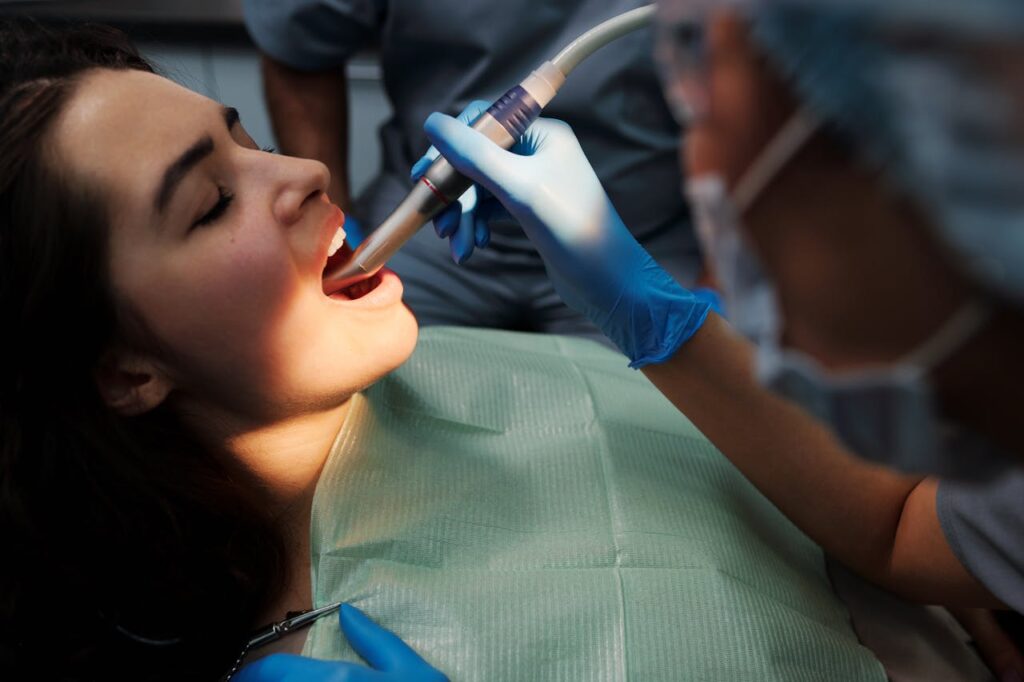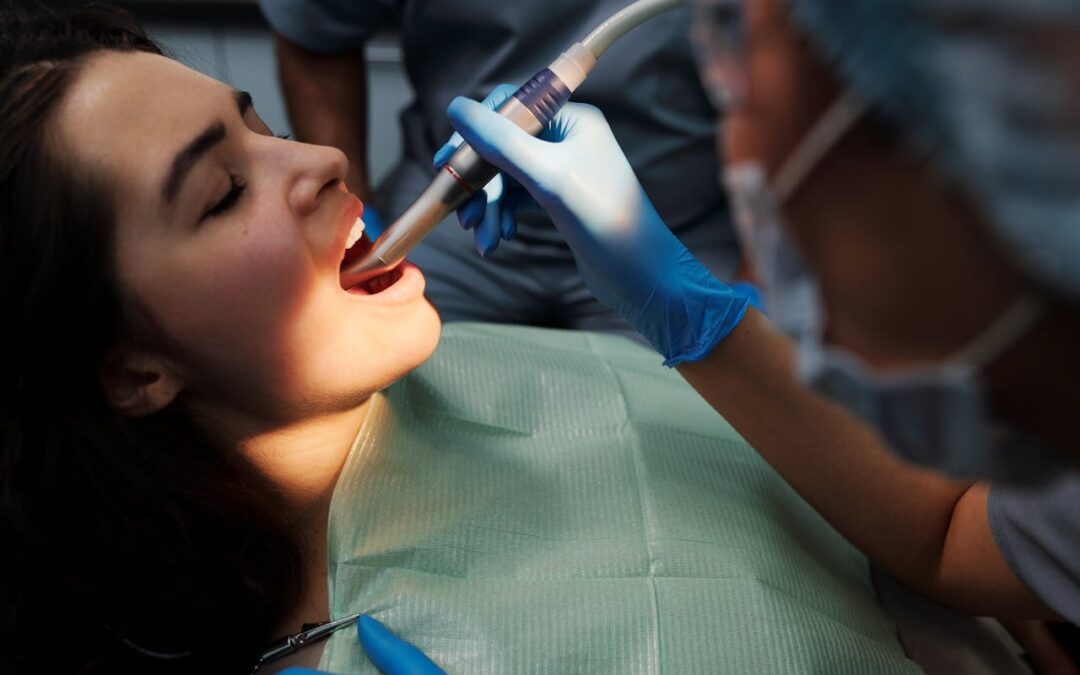Good oral hygiene is essential not only for a beautiful smile but also for maintaining overall health. The mouth is the gateway to the rest of the body, and when neglected, poor oral hygiene can lead to serious health issues, including gum disease, cavities, and even heart disease. By following a few simple and consistent practices, you can keep your mouth clean and healthy, ensuring a lifetime of bright smiles.
The Importance of Brushing

Brushing your teeth is the foundation of effective oral hygiene. The American Dental Association (ADA) recommends brushing at least twice a day, once in the morning and once before bed, to remove plaque and prevent cavities. It’s important to use a fluoride toothpaste, as fluoride strengthens tooth enamel and prevents decay. Choose a soft-bristled toothbrush that won’t damage your gums and brush for at least two minutes. Pay attention to the back molars and the gum line, as these areas are more prone to plaque buildup. Don’t forget to replace your toothbrush every three to four months, or sooner if the bristles are frayed, to maintain optimal cleaning.
The Power of Flossing
While brushing your teeth is essential, it doesn’t clean between your teeth where food particles and plaque can accumulate. This is where flossing comes in. Flossing is an important part of your daily oral hygiene routine and helps to remove debris and plaque that your toothbrush can’t reach. The ADA recommends flossing once a day, using a gentle sawing motion to slide the floss between each tooth. Flossing also helps reduce the risk of gum disease, which can lead to tooth loss if untreated. If traditional flossing feels difficult, you can also try floss picks or water flossers, which can be easier to maneuver and still effectively clean between your teeth.
Rinse with Mouthwash
Mouthwash can be a helpful addition to your oral hygiene routine. It helps to reduce the number of bacteria in your mouth, making it a great complement to brushing and flossing. Look for a mouthwash that contains fluoride to help prevent cavities and strengthen enamel. Some mouthwashes also contain antibacterial properties that help combat gum disease and bad breath. After brushing and flossing, rinse with mouthwash for about 30 seconds to a minute. Swishing the mouthwash around your mouth helps reach areas your toothbrush and floss may have missed, ensuring a more thorough clean.
Eat a Balanced Diet for Strong Teeth
What you eat plays a crucial role in your oral health. A balanced diet rich in vitamins and minerals can help keep your teeth strong and your gums healthy. Foods like dairy products, leafy greens, and almonds are high in calcium, which helps build and maintain strong teeth. Foods rich in vitamin C, such as citrus fruits and bell peppers, promote healthy gums. Avoid sugary snacks and drinks, as they fuel the bacteria in your mouth that can cause cavities and tooth decay. Drinking plenty of water also helps wash away food particles and bacteria, keeping your mouth hydrated and clean.
Regular Dental Visits
Even if you have an excellent oral hygiene routine at home, it’s still important to visit your dentist regularly for professional cleanings and checkups. Dentists can remove tartar buildup that brushing and flossing can’t, and they can spot early signs of tooth decay, gum disease, or even oral cancer. Regular checkups ensure that any issues are caught early, preventing them from turning into bigger problems. The ADA recommends visiting the dentist at least once every six months. During these visits, your dentist will clean your teeth, check for any potential issues, and provide advice on how to improve your oral hygiene practices.

